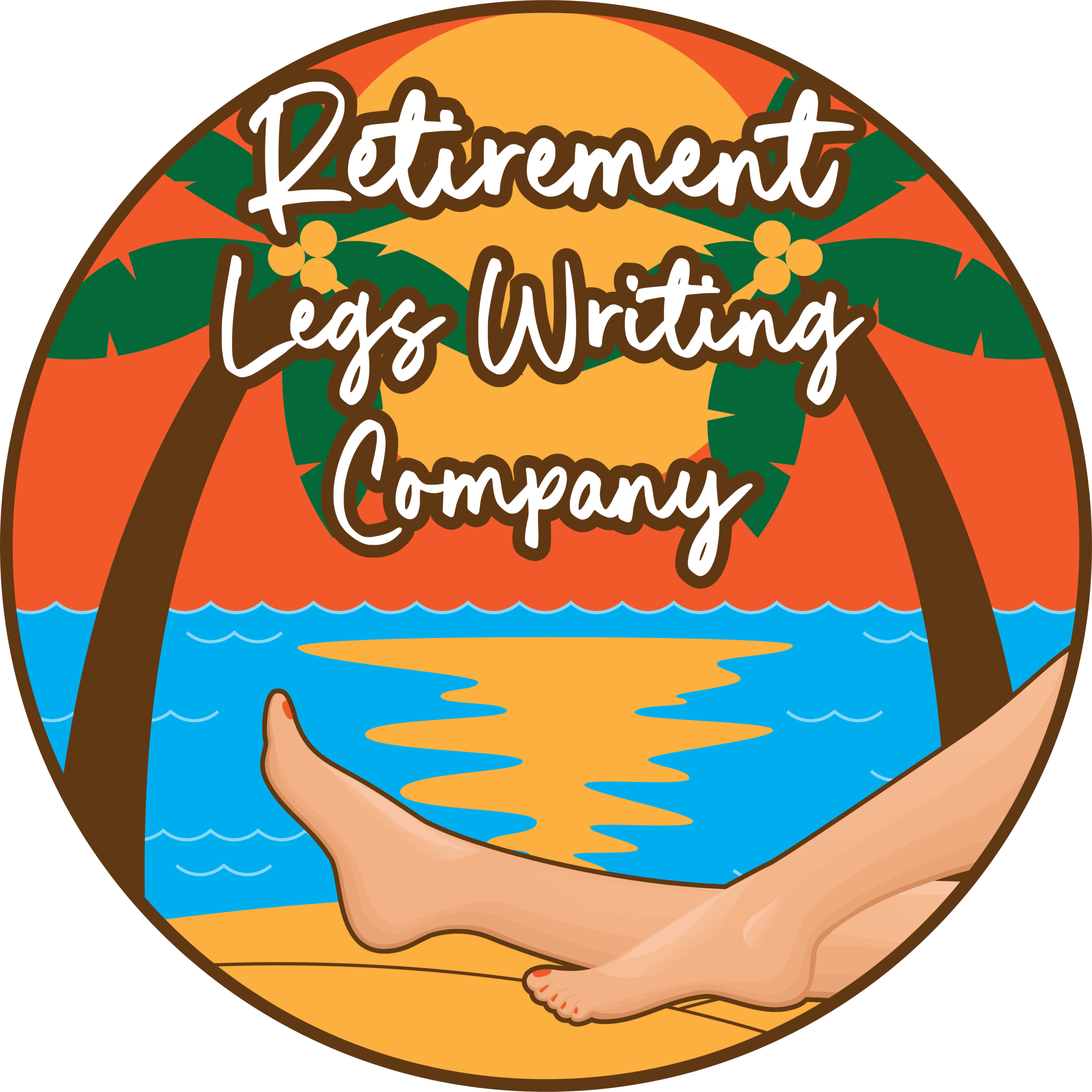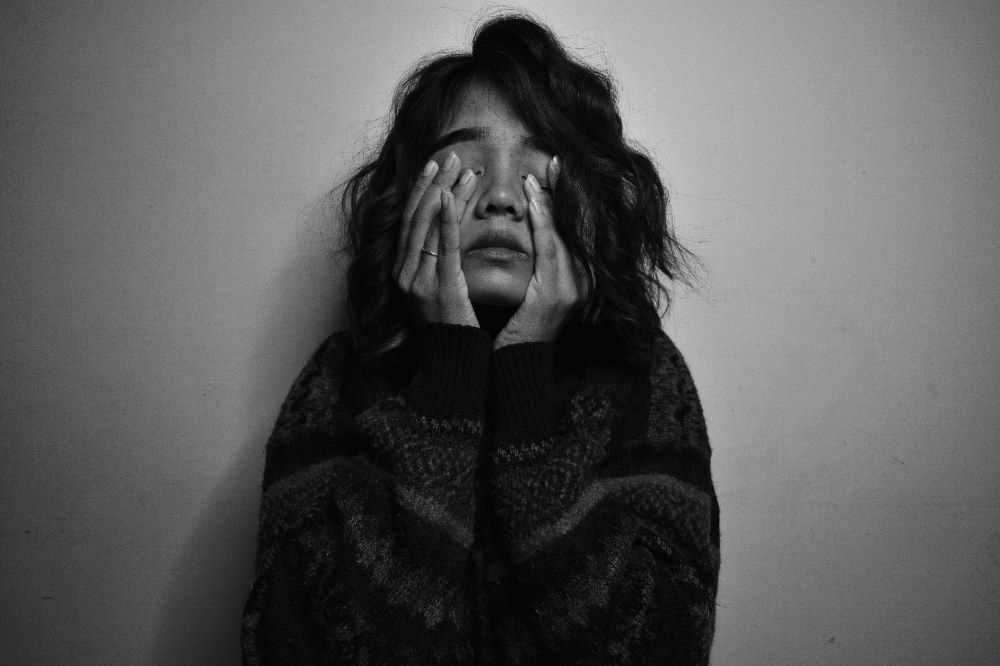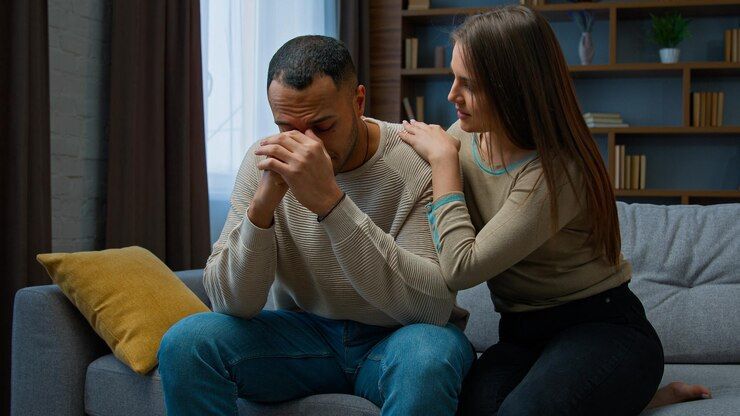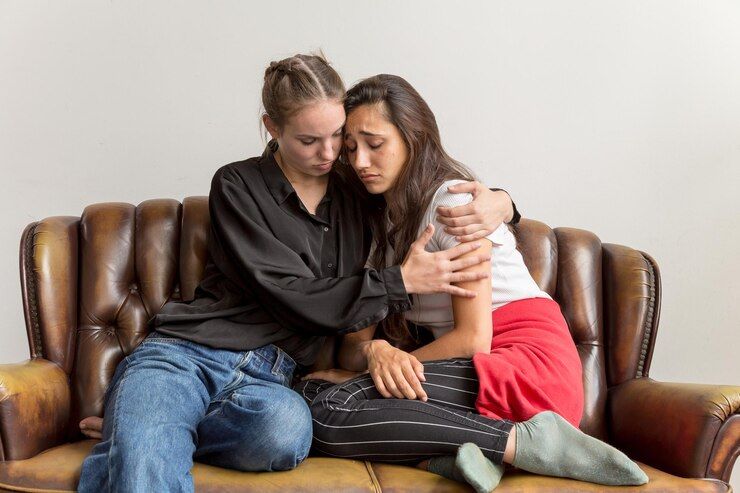You don’t need to see bruises to know someone is in pain. For survivors of trauma, the hardest part often begins after the event is over. When the world moves on, when people stop asking how you’re doing, when the noise quiets—that’s when the aftershocks begin. These aftershocks aren’t loud. They don’t demand attention. But they shake your foundations just the same.
Let’s explore what it means to live with trauma’s lingering shadow, and how healing is rarely what we expect.
Trauma Doesn’t End When the Crisis Does
A car crash, a violent event, the death of someone you love, trauma tends to hit like a storm. But after the chaos, silence settles in. And in that silence, the body and mind begin the slow, complicated process of understanding what happened.
The heart might race at the sound of a door closing. The mind might replay the scene every night before sleep. The body may flinch at an unexpected touch. These reactions aren’t weaknesses. They’re evidence of survival.
The World Often Can’t See What You’re Carrying
One of the most isolating things about trauma is how invisible it can be. On the outside, you might seem “better.” You’re back to work. You’re making conversation. You’re smiling again.
But on the inside? You’re still piecing yourself together. You’re navigating panic attacks, flashbacks, or a heavy sense of sadness you can’t quite explain. That’s why healing takes time. And why kindness, especially to yourself, is essential.
Connection Helps, But It Can Be Scary
Trauma can make you wary of others. It might feel safer to pull back, to isolate, to stay guarded. But connection is often the doorway to healing. Even one safe person, someone who listens without rushing to fix, can make all the difference.
If you’re that person for someone else, know this: just being there is enough.
Healing Isn’t Linear
You might feel strong one day and broken the next. That doesn’t mean you’re failing. It means you’re human. Triggers can set you back. Anniversaries can unearth old pain. Some days, getting out of bed might be the bravest thing you do.
Celebrate that. Healing is full of spirals, not straight lines.

Final Thought: There’s Power in Your Survival
Trauma changes you, but it doesn’t define you. The strength it takes to live with the aftershocks, to keep showing up when it hurts, to rebuild trust and safety, that strength is profound.
If you want to read a story that reflects this journey, Ordinary Man Book 2: Andrew and Francesca by Adele Leurini captures it beautifully. From the physical and emotional scars of war to the invisible toll of love and loss, Andrew and Olivia’s story is raw, honest, and full of quiet triumph. Their journey reminds us that healing is messy, love is courageous, and sometimes, the strongest people are the ones still standing after the storm.
Order your copy today and witness a powerful tale of trauma, connection, and the long road to recovery.






